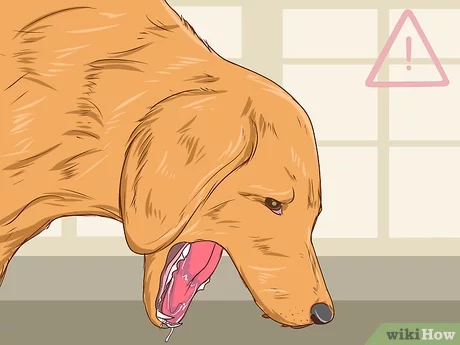How Often Should A Dog Be Dewormed
When it comes to keeping your furry friend healthy, deworming is an essential aspect of their overall care. Worms are a common problem for dogs and can cause severe health issues if left untreated. But how often should a dog be dewormed? Let’s dive into this topic and find out everything you need to know.
What Are Dog Worms?
First things first, let’s talk about what worms are and why they affect dogs. There are several different types of worms that can infect dogs, including roundworms, hookworms, tapeworms, whipworms, and heartworms. Each type of worm has its unique characteristics and symptoms.
Roundworms are the most common type of intestinal worm found in dogs. They look like spaghetti and can grow up to several inches long. Dogs can become infected with roundworms by ingesting contaminated soil or feces or through their mother’s milk.
Hookworms are another type of intestinal worm that can be transmitted through contaminated soil or feces or by drinking infected water. These worms attach themselves to the lining of the small intestine and feed on blood, leading to anemia and other health problems.
Tapeworms are long flat worms that live in the intestines of dogs. They are transmitted when a dog ingests fleas or lice that carry tapeworm larvae. Symptoms include weight loss, diarrhea, and irritation around the anus.
Whipworms are thin, thread-like worms that live in the large intestine of dogs. They can cause chronic diarrhea and weight loss and are transmitted through contaminated soil or feces.
Heartworms are a potentially deadly type of worm that is spread by mosquitoes. They live in the heart and lungs of infected dogs and can lead to heart failure if left untreated.
How Often Should You Deworm Your Dog?
Now that we’ve covered the different types of worms that can affect dogs let’s talk about how often you should deworm your furry friend. The American Veterinary Medical Association (AVMA) recommends that puppies be dewormed starting at two weeks of age and then every two weeks until they are twelve weeks old. After that, they should be dewormed monthly until they are six months old.
Adult dogs should be dewormed at least once a year, although the frequency may vary depending on their lifestyle and risk factors. For example, dogs that spend a lot of time outdoors or in environments where they may come into contact with contaminated soil or feces may need to be dewormed more frequently.
Pregnant dogs should also be dewormed during their pregnancy to prevent the transmission of worms to their puppies. Your veterinarian can advise you on the best course of action for your dog based on their individual needs.
Signs That Your Dog May Have Worms
It’s essential to keep an eye out for signs that your dog may have worms so that you can take action quickly. Common symptoms of worm infestations include:
– Diarrhea
– Vomiting
– Weight loss
– Anemia
– Lethargy
– Poor coat condition
– Coughing (in the case of heartworms)
If you notice any of these symptoms in your dog, it’s important to take them to the vet as soon as possible for a diagnosis and treatment plan.
Preventing Worm Infestations in Dogs
Prevention is always better than cure when it comes to worm infestations in dogs. Here are some steps you can take to reduce your dog’s risk of contracting worms:
– Keep your dog’s environment clean and free from feces.
– Practice good hygiene by washing your hands after handling your dog or cleaning up after them.
– Use flea and tick prevention products to reduce the risk of tapeworm infections.
– Avoid letting your dog drink from stagnant water sources.
– Feed your dog a high-quality diet to support their immune system.
Conclusion
In conclusion, deworming is an essential aspect of your dog’s overall health care. Puppies should be dewormed every two weeks until they are twelve weeks old and then monthly until they are six months old. Adult dogs should be dewormed at least once a year, although the frequency may vary depending on their lifestyle and risk factors. By keeping an eye out for symptoms of worm infestations and taking preventative measures, you can help keep your furry friend healthy and happy for years to come. And remember, always consult with your veterinarian for personalized advice on your dog’s individual needs.



